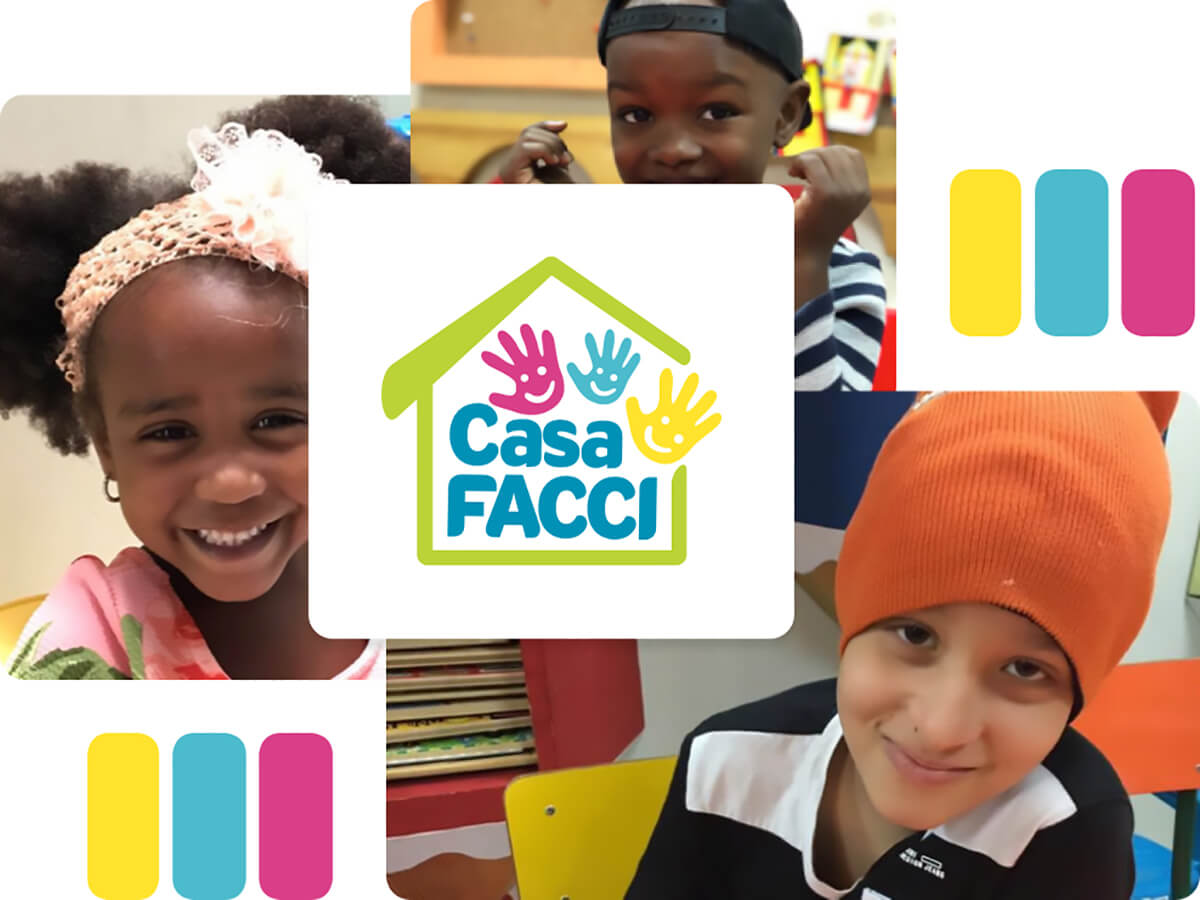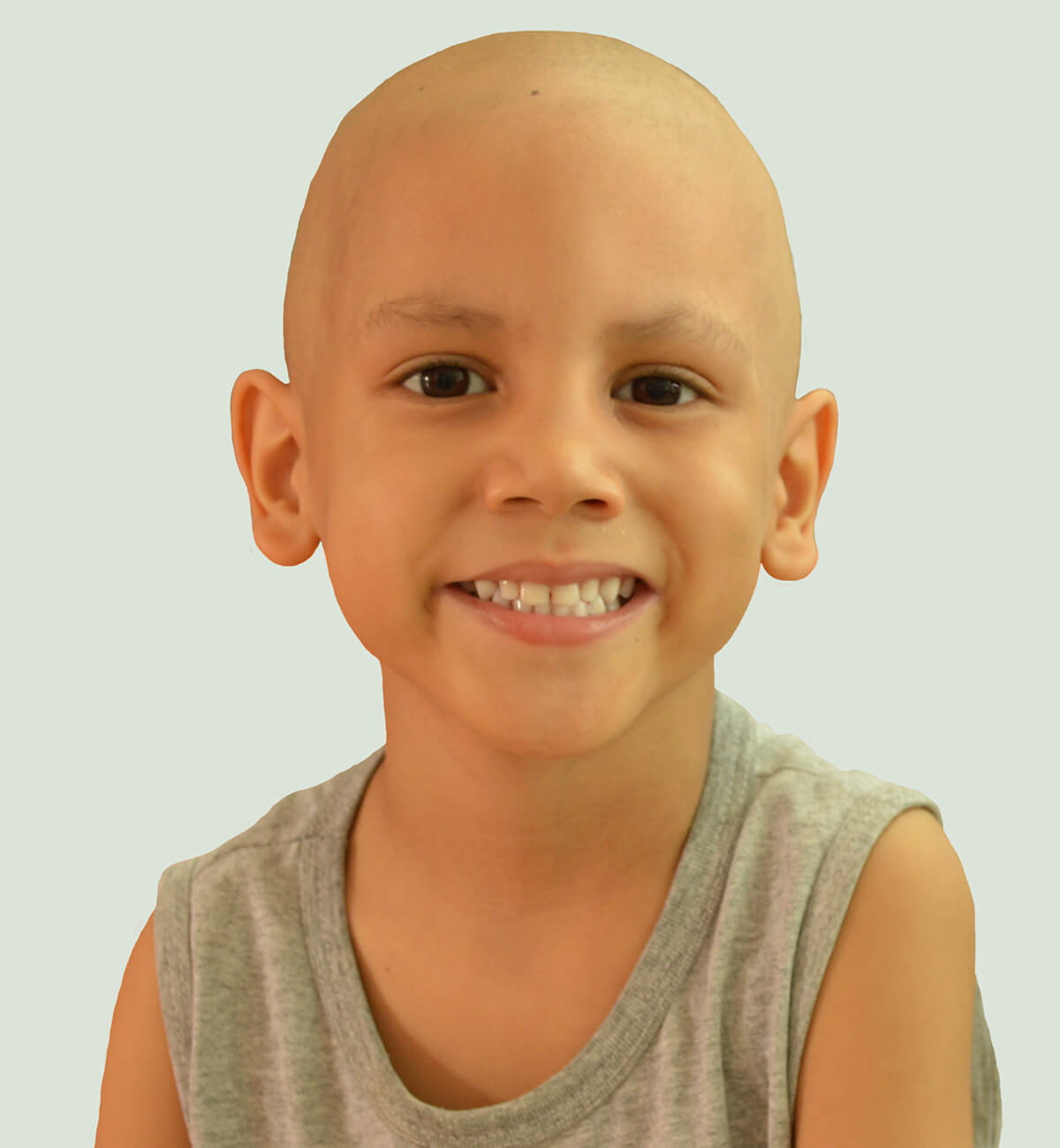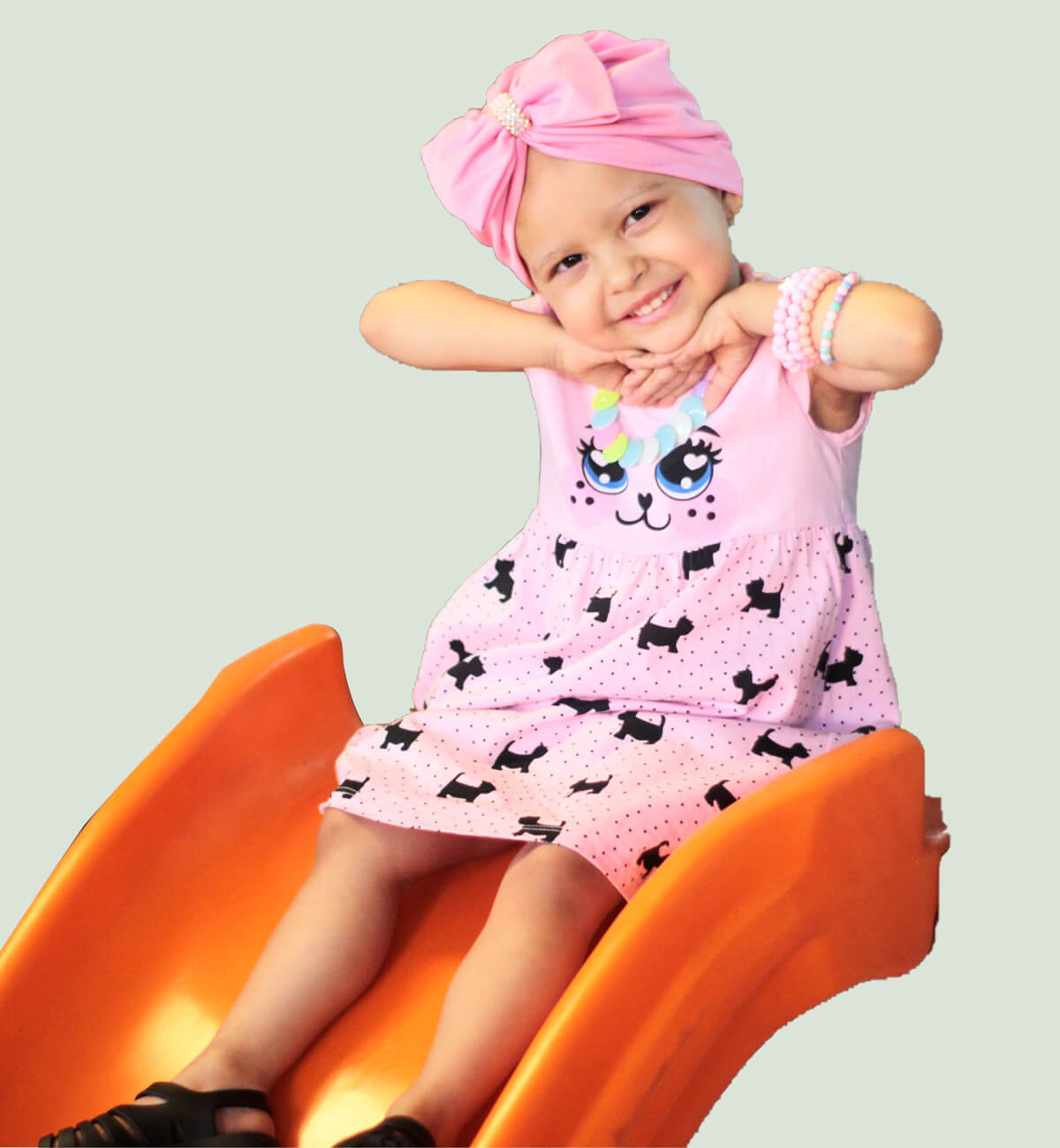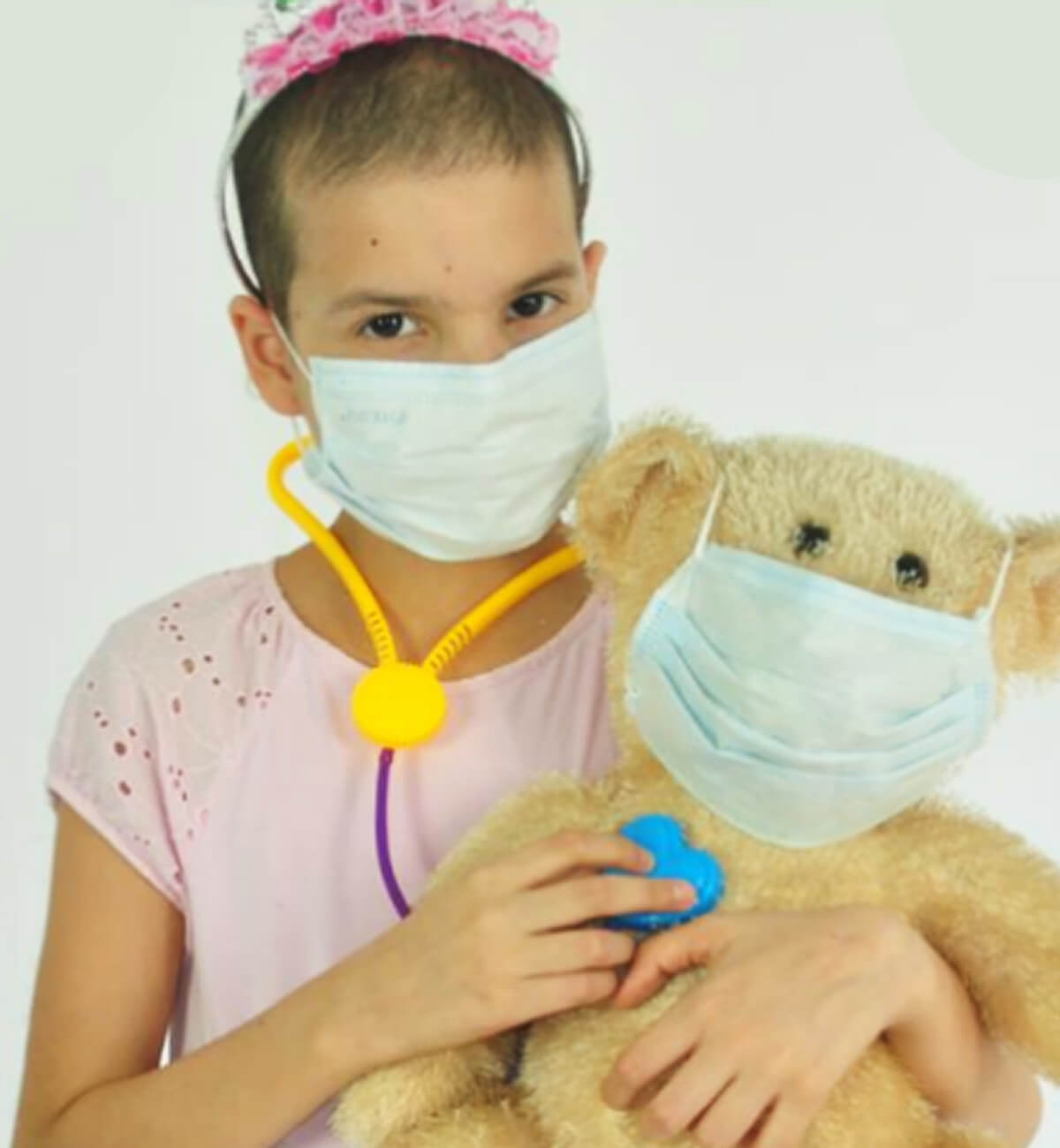What We Do & Who We Serve
Keira Grace Foundation delivers proven cancer treatment to children in developing nations by connecting in-country medical teams with oncologists, cancer treatment facilities and support organizations from developed countries.
This proven model consistently results in increasing survival rates by more than three fold. Instead of dying needlessly when the cure is available, these children now have hope, restoration and life.
Each year, an estimated 400,000 children are diagnosed with cancer. More than 70 percent of those do not have access to modern cancer treatment. As a result, as many as 95 percent of children with cancer in developing countries will die. That translates to six out of every 10 children with cancer who die needlessly while the cure is in hand.
Modern cancer treatment should be accessible to all children, regardless of where they live. For this reason, Keira Grace Foundation directs its efforts to children diagnosed with cancer in developing countries where survival rates hover near 20 percent. In just a few short years, those rates can be raised three fold.
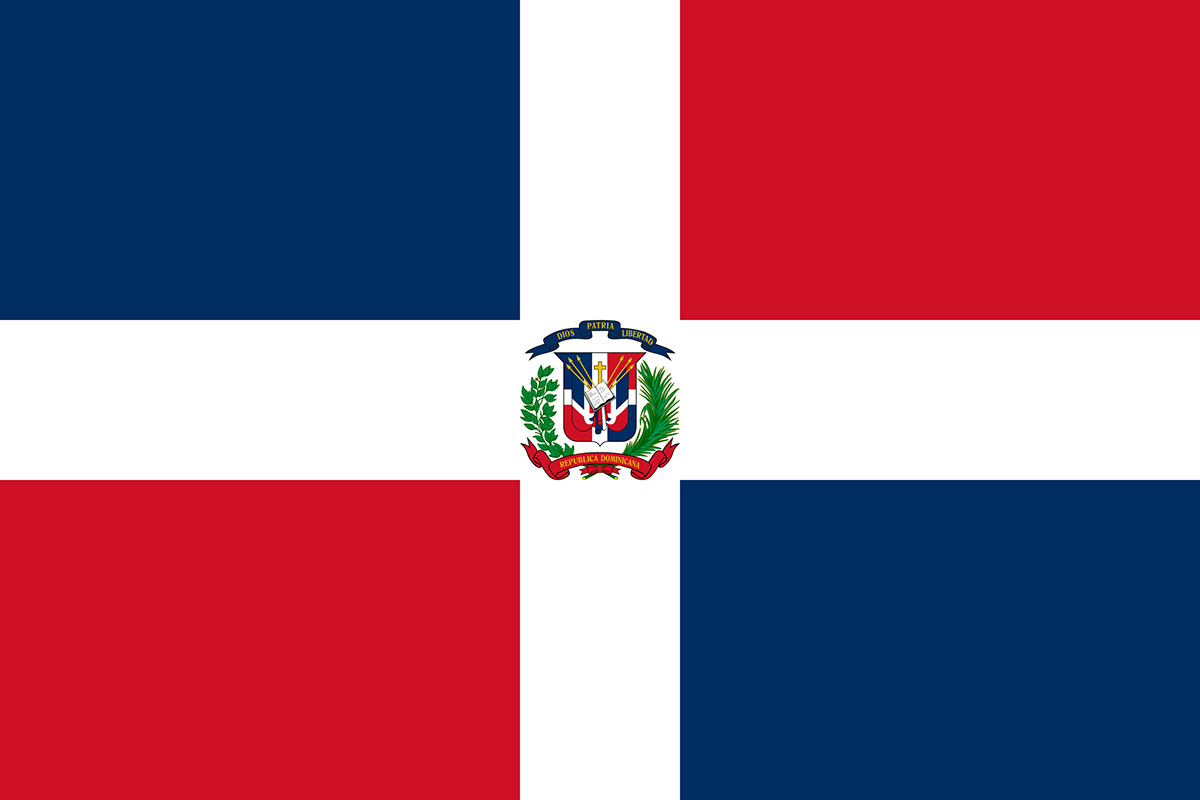
Dominican Republic
The partnership with the Dominican Republic was our first collaboration and began in 2005 with the birth of the Keira Grace Foundation. We based our model on St. Jude/s International Outreach model where we support the salaries of physicians, nurses, and other staff members so that personnel specifically trained in the care of children with cancer are available for more time than was possible with the salaries provided by the hospital where our program is located.
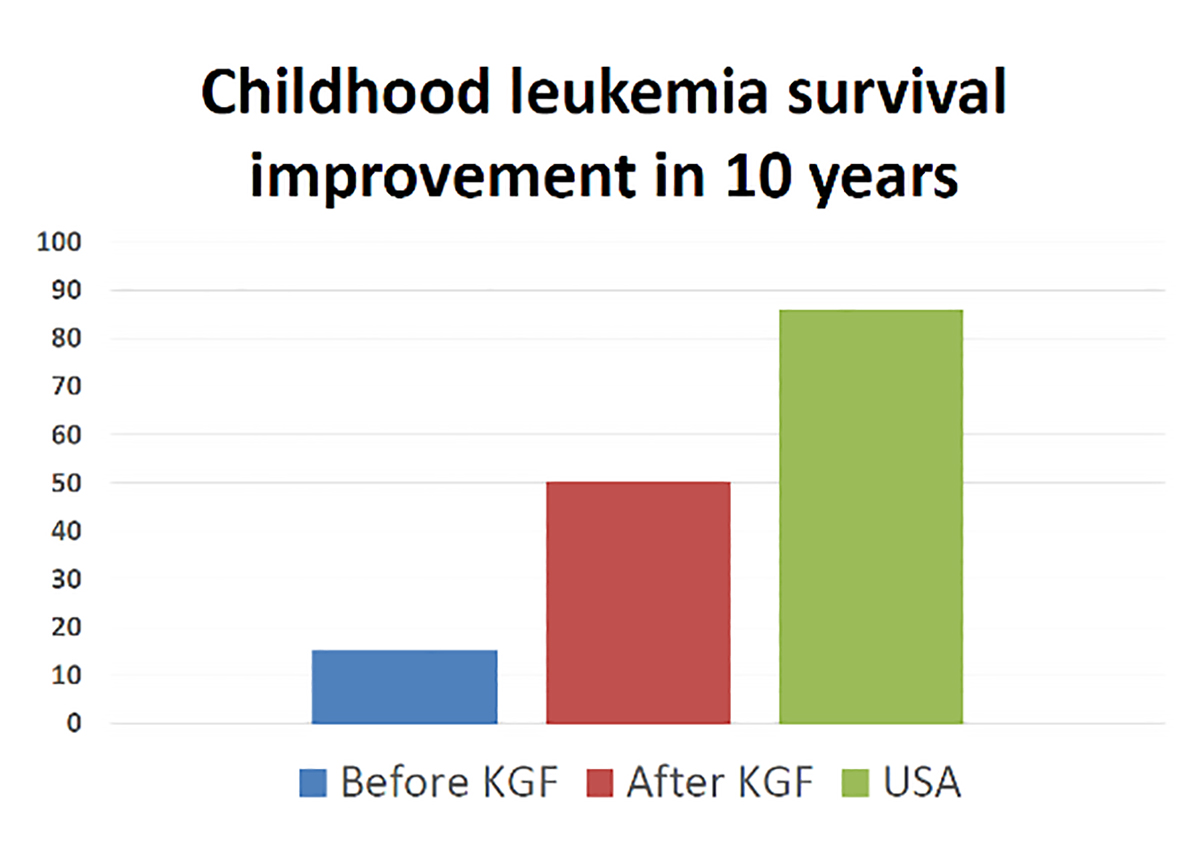
Through staffing, training, improving infrastructure, and consultation with world class experts, survival has improved dramatically. Support for the program from Keira Grace Foundation certainly played a role in the improved survival, but many factors have contributed. Our local partner in the Dominican Republic, Fundacion Amigos Contra el Cancer Infantil: FACCI, has played the critical role in implementing change and support for the children cared for by the program and remains our critical partner to improve survival of children with cancer in the Dominican Republic.
Our program is based at the Hospital Infantil Robert Reid Cabral and includes inpatient and outpatient services. The Keira Grace Foundation was a partner in building the Casa FACCI, the only Ronald MacDonald style facility that houses children and their mothers/caregivers as their children undergo chemotherapy and other treatments. This has led to a dramatic drop in treatment abandonment.
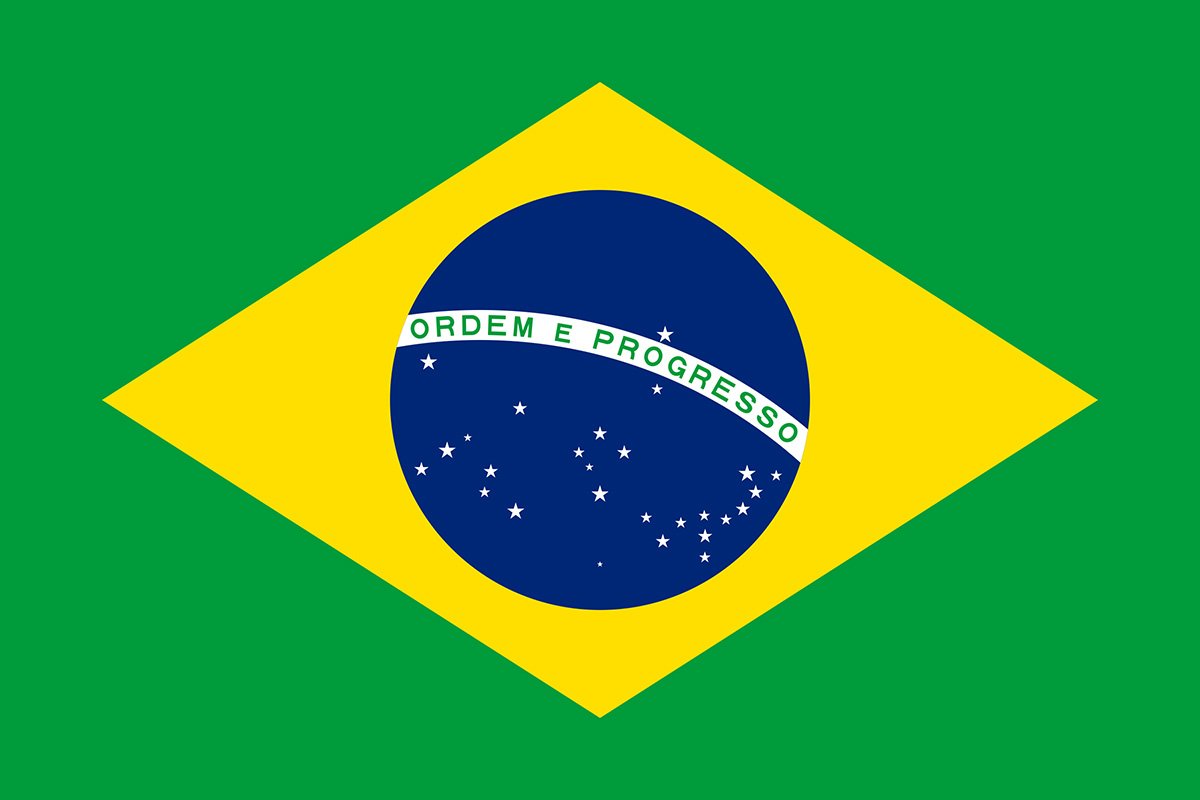
Brazil
 The project provides for the implementation of 25 research coordinator positions to collect and organize data regarding the GBTLI protocol 2021 (Brazilian Cooperative Group for the Treatment of Acute Lymphoblastic Leukemia in Childhood), and provide financial support for up to two years for each position.
The project provides for the implementation of 25 research coordinator positions to collect and organize data regarding the GBTLI protocol 2021 (Brazilian Cooperative Group for the Treatment of Acute Lymphoblastic Leukemia in Childhood), and provide financial support for up to two years for each position.
Keira Grace Foundation is responsible for four of the positions and these will be located in the cities of Sao Luiz, Belem, Campo Grande and Natal. This project will lead to a substantial improvement and improved survival in the treatment of Brazilian children and adolescents with cancer.
In Brazil, childhood cancer is the leading cause of death from disease in the population aged 1-19 years. The leukemias are the most common cancer in the pediatric age group, with acute lymphoid leukemia (ALL) accounting for about 80% of cases. In the last 30 years mortality rates have declined sharply; however, the difference in mortality rates between Brazil and other developed countries persists at around 30%.
The objective is currently to include most leukemia cases in Brazil in the GBTLI protocols so that we can improve survival. However, the great diversity of resources, capacity and access between regions and hospitals presents a challenge. The new GBTLI 2021 protocol combines the positive experience of RE-LLA 05 with extensive discussion with representatives from all Brazilian regions, including adaptations according to local peculiarities in the new protocol. Read More
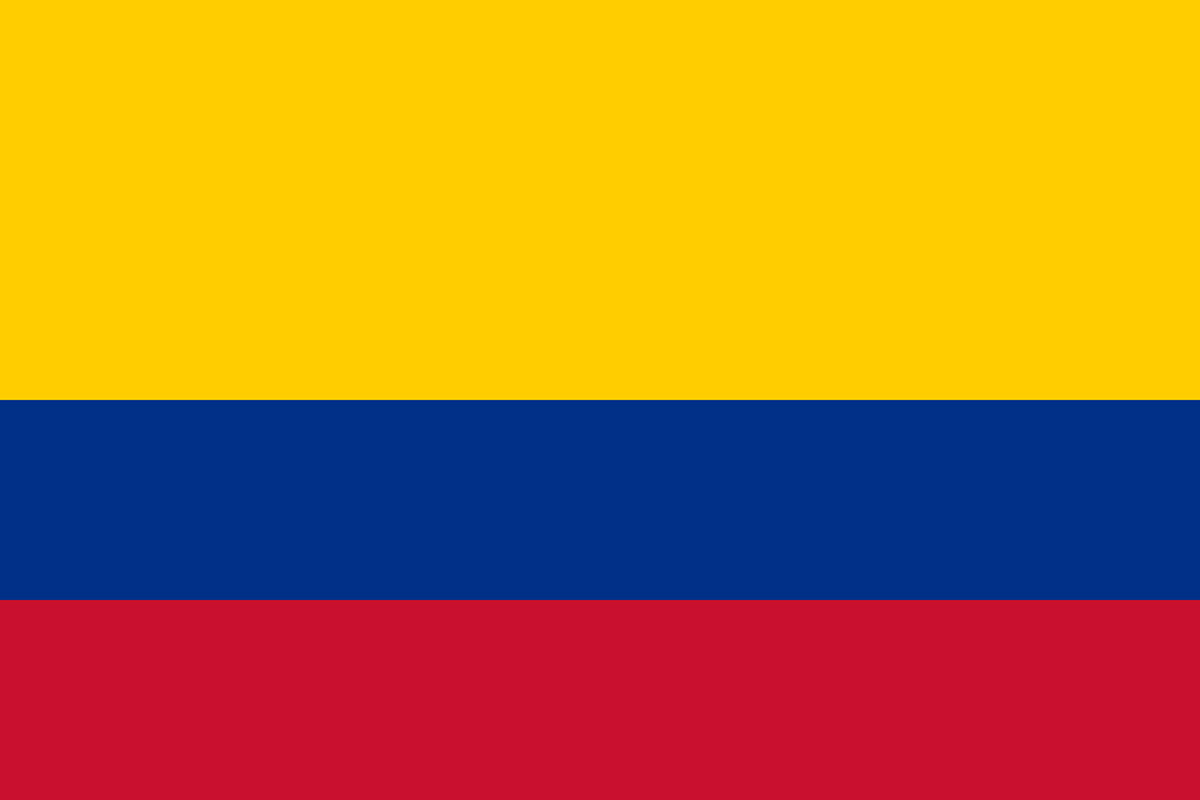
Colombia
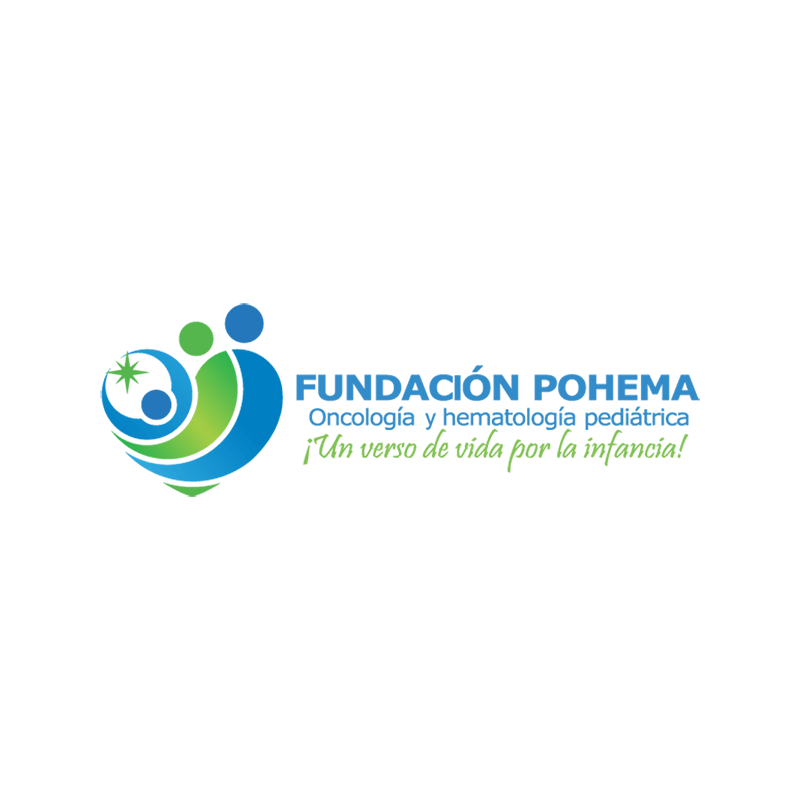 Our partnership with POHEMA in Colombia is in two phases. The first is to support a national database for children’s cancer. The database known as Vigicancer, is an award-winning effort to measure the direct impact on child survival of different treatments and interventions. We are supporting the salaries of data collectors that will ensure every child is enrolled and included in the database. The second project is the hiring of a case manager and the development of a case management system of care in the coffee growing region, a population of about 3 million people in mostly rural underserved areas. The case manager will ensure that all the children diagnosed with cancer can get to their appointments, have a place to stay during therapy, and their families can navigate the health system and get the care they need.
Our partnership with POHEMA in Colombia is in two phases. The first is to support a national database for children’s cancer. The database known as Vigicancer, is an award-winning effort to measure the direct impact on child survival of different treatments and interventions. We are supporting the salaries of data collectors that will ensure every child is enrolled and included in the database. The second project is the hiring of a case manager and the development of a case management system of care in the coffee growing region, a population of about 3 million people in mostly rural underserved areas. The case manager will ensure that all the children diagnosed with cancer can get to their appointments, have a place to stay during therapy, and their families can navigate the health system and get the care they need.
In a study done by the VIGICANCER working group and POHEMA, researchers prospectively studied survival of children with cancer. They studied nearly 2000 patients. Five-year overall survival rates for patients with private insurance, public insurance and uninsured patients were 62% (95% CI: 58, 66), 43% (95% CI: 39, 46) and 23% (95% CI: 13, 35), respectively. Compared to private insurance, mortality among patients with public insurance (aHR = 1.6; 95% CI: 1.3, 1.9) and uninsured (aHR = 2.7; 95% CI: 1.9, 4.0) was higher. The researchers found significant disparate survival outcomes, primarily by insurance and tumor type. Higher treatment abandonment, higher treatment-related mortality, and advanced disease at diagnosis partially explained these disparities. Survival inequalities persist in Colombia despite an established universal healthcare system aimed at providing equal care for all. Your support of our efforts in Colombia will be a small but important step in improving survival in Colombia.

